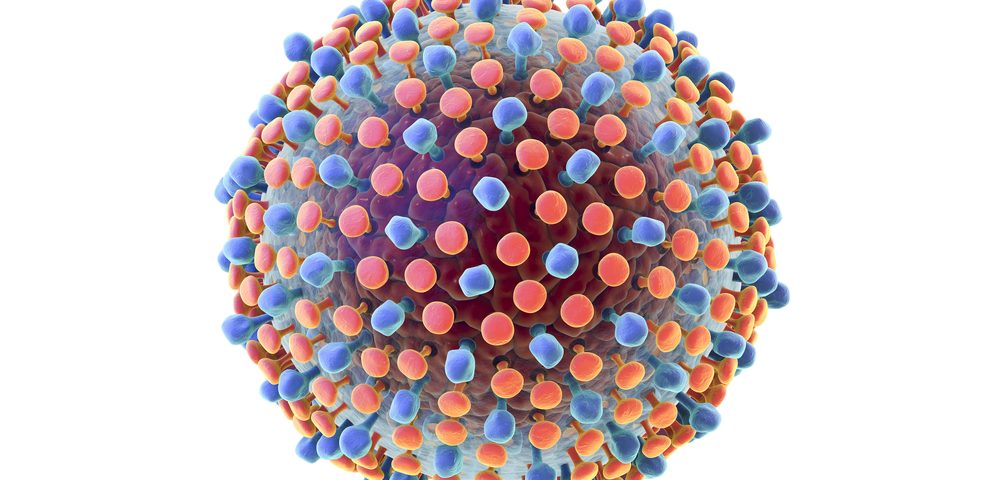AbbVie recently announced positive results for the company’s investigational regimen of glecaprevir/pibrentasvir (G/P) in treating patients with chronic hepatitis C virus (HCV).
Results are from the EXPEDITION-4 study (NCT02651194), an open-label Phase 3 clinical trial testing both the safety and effectiveness of a 12-week treatment with G/P in patients with chronic HCV infection (genotypes 1 to 6) with chronic kidney disease, including those on dialysis.
The trial showed that 98% of the tested HCV patients with severe chronic kidney disease achieved the study’s primary endpoint — a sustained virologic response following 12 weeks of treatment (SVR12).
Sustained virologic response (SVR) is the goal of any HCV therapy, and is defined as the absence of viral load (aviremia). Specifically for SVR12, this means that patients’ HCV viral load remained undetectable 12 weeks after the treatment was completed.
The EXPEDITION-4 study enrolled 104 patients with severe chronic kidney disease: 82% (85 patients) were receiving dialysis at enrollment, and 19% (20 patients) had compensated cirrhosis. The study also included those who were not cured with previous sofosbuvir (SOF) with ribavirin (RBV) or interferon (IFN) with RBV therapies, with or without SOF (44 patients, or 42%).
In terms of safety, most of the reported adverse events, including fatigue, nausea, and pruritus, were mild to moderate. Only 24% of the patients experienced serious adverse events, and none of these were considered related to the G/P therapy.
“HCV patients with severe chronic kidney disease present a complex challenge for physicians to treat, particularly as kidney disease progresses, and if the patient has genotype 2 or 3 or has compensated cirrhosis,” Ed Gane, MD, professor of medicine at the University of Auckland, New Zealand, said in a press release.
“The results seen in EXPEDITION-4 are a positive development in AbbVie’s investigation of the G/P regimen for patients with chronic kidney disease who currently have limited HCV treatment options,” Gane said.
In the United States, it’s estimated that more than 500,000 people have both chronic HCV and chronic kidney disease. New, safe and effective HCV therapies are a critical unmet medical need for these patients.
“With our investigational, pan-genotypic regimen, our goal is to provide a safe and effective cure to patients across genotypes, including patients with severe chronic kidney disease, regardless of previous treatment status or presence of compensated cirrhosis,” said Michael Severino, MD, AbbVie’s executive vice president of research and development and chief scientific officer.
“Our clinical development program reflects our ongoing commitment to addressing treatment areas of continued unmet need,” he said.

